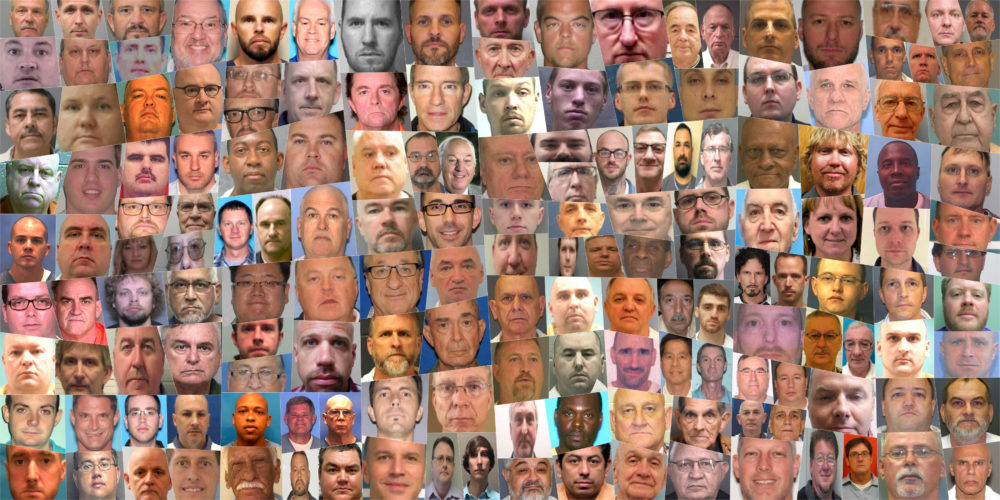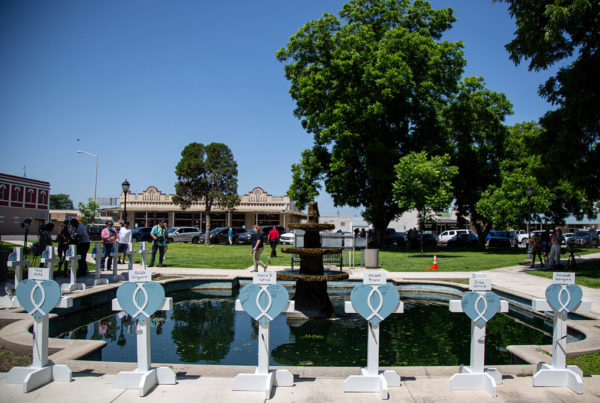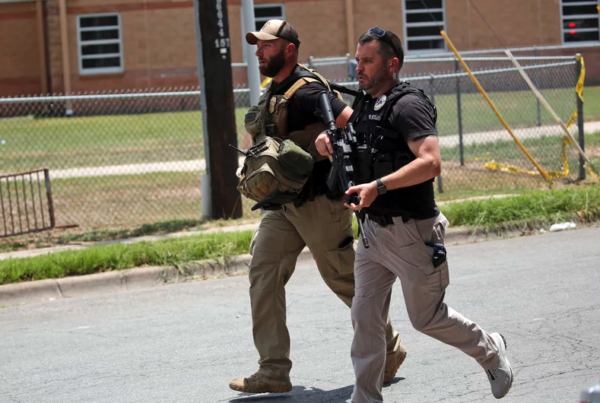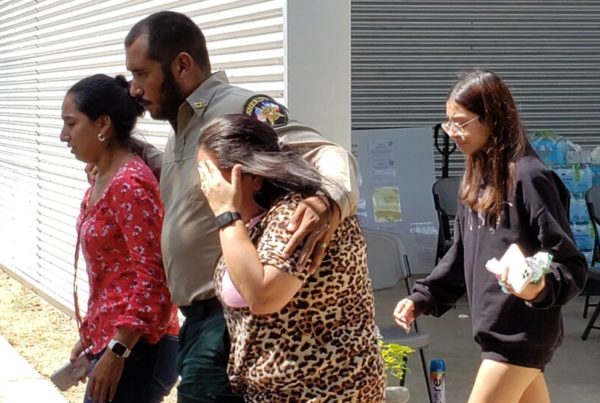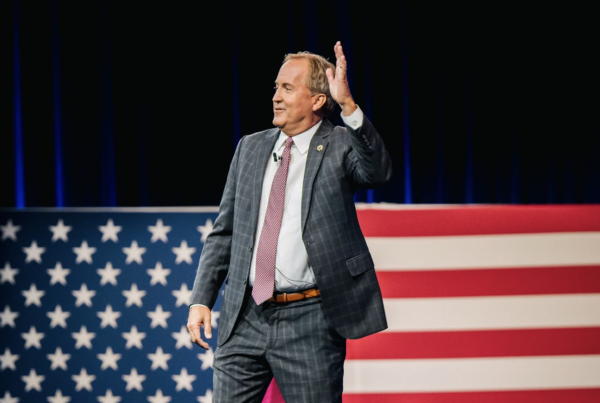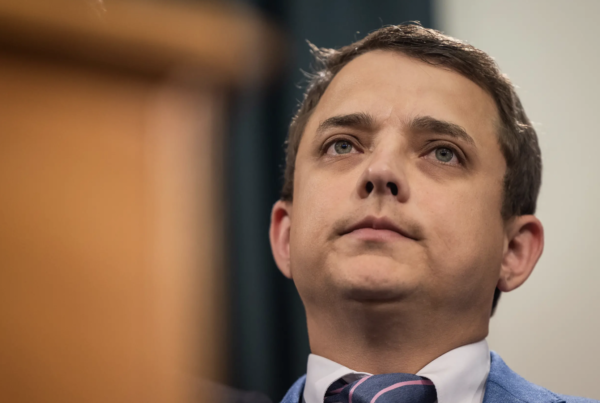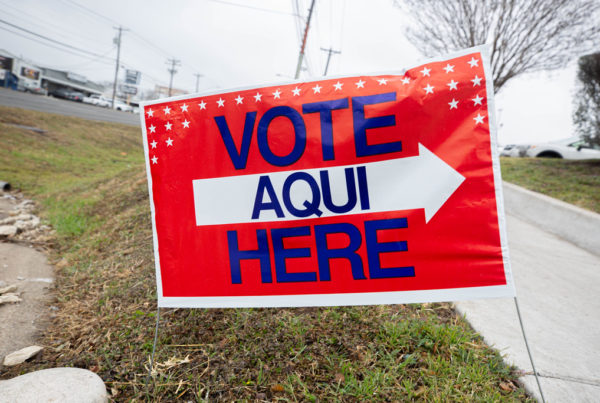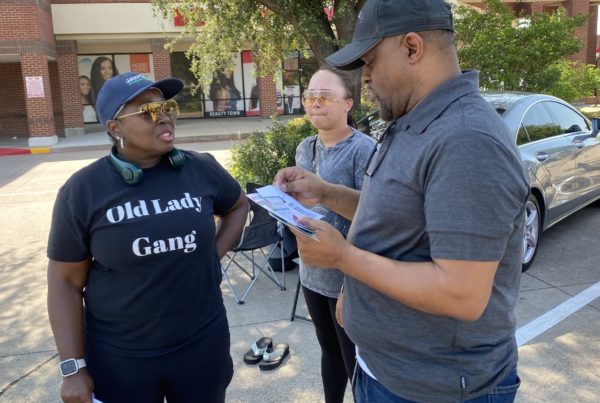Leaders of the Southern Baptist Convention’s executive committee were meeting Tuesday to discuss the findings of a 400-page report from an independent investigation into allegations that the Convention routinely silenced survivors of alleged sexual abuse within congregations.
The report covers 20 years of sexual abuse allegations against the church and how the church handled – or mishandled – abuse claims: suppressing reports, resisting reforms and, in many cases, the report says, belittling victims and their families.
Church members demanded a third-party investigation after an explosive 2019 report by the Houston Chronicle and the San Antonio Express-News revealed nearly 400 members of the denomination in leadership positions, from youth pastors to ministers, had pleaded guilty or been convicted of sex crimes against more than 700 people since 1998. In the time since the newspaper’s reporting and the public release of the church’s own report on Sunday, several top officials of the church have resigned, and church members have been anxiously awaiting the investigation’s findings.
Robert Downen, one of the reporters who broke the story in 2019 and has been covering the latest for the Houston Chronicle, said the findings of the report, published by independent firm Guidepost Solutions, were consistent with his team’s reporting and with what survivors told them had been happening for decades.
“This report, to many people, it’s been seen as explosive and a bombshell,” Downen said. “But to so many survivors who have been on the frontlines of this broader battle to get the SBC to adopt reforms or even acknowledge the problem in many ways, much of the findings were not actually surprising. It only reinforced what they had been working on saying for decades.”
The report’s findings & reaction
Downen said that Guidepost, in its seven-month investigation, conducted about 330 interviews and received 5 terabytes of communications and internal documents. The firm’s broad conclusion was that a handful of Convention leaders “had favored protecting the SBC’s bottom line via its exposure in lawsuits,” he said. “They had protected that over implementing substantive abuse reforms” while privately working on reforms that had been publicly dismissed as incompatible with the Convention’s structure.
“It’s a very loose denomination of 47,000 churches that really functions more as a cooperative, with very few uniform standards on ordination or anything like that. And so the public statement among this group of leaders was always that because of the structure, they can’t implement certain reforms,” Downen said. “And this report on Sunday found that they were actually doing something like a database, for instance, which was long requested by survivors. The report found SBC leaders were actively doing their own private database while publicly denying the feasibility of such a measure.”
Downen said the report magnifies why reaction to his 2019 investigation was largely that of shock and bewilderment, with many people asking how they never saw it coming.
The report “found that a handful of SBC leaders, namely top lawyers, had by and large left the Southern Baptist Convention and its 47,000 churches in the dark about all of the warnings they had heard about for decades,” he said.
What it means for the church and its members moving forward
Downen said that since his 2019 report, Convention leaders have “adamantly and routinely said that no matter what reforms they pass, no matter what curriculum they develop, this crisis will only be confronted with a broader cultural shift.”
Survivors have often noted that SBC pastors – and more broadly, Christian pastors – have routinely shied away from addressing sexual assault even as they’ve been willing to take up other controversial issues, Downen said.
“I think that that is something that needs to be reconciled with, not just in the SBC but in American Christianity more broadly, because statistics tell us that, you know, if you have 100 people sitting in your pews, something like 20 of them have experienced some sort of sexual assault,” Downen said. “And to shy away from this issue and to avoid it as controversial, knowing that that many people in your congregations have deep-seated trauma because of it, I think is something that really is at the core of this, and I know survivors hope will be changed because of this report that really did lay bare the facts of the issue.”


